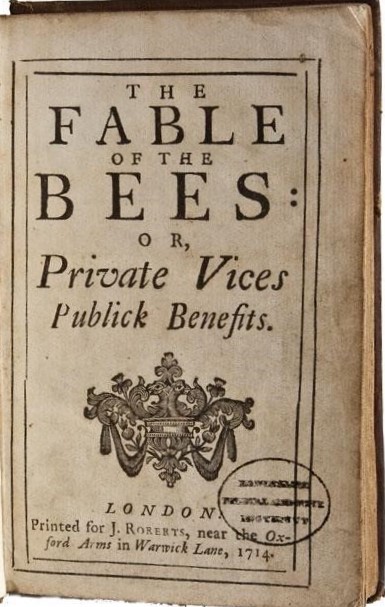In pre-Trump days, the beyond-brazen hypocrisy of Mitch McConnell, Lindsey Graham and most other Republicans in Congress would have caused grave damage to their reputations. We’ve always had hypocrisy, of course, but it used to be that people were embarrassed to be caught at it.

But now, there’s no need even to waste time trying to cover it up. To Trump’s most committed base, hypocrisy doesn’t matter.
Trump’s opponents are tempted to conclude that such people must be either stupid or evil. What they miss is that Trump’s base lives within a different world view, one that rejects the Enlightenment standard of reason on which our democracy was founded. As I show in Patriots of Two Nations, this Counter-Enlightenment world view also dates to the Founding, but it rejects the primacy of reason in favor of faith, tradition, ethnicity — and loyalty to the leader. Throughout most of our history it was obscured by the dominant Enlightenment world view. But under Trump, it’s resurgent.
In this world view, Trump is the instrument of God’s will and the nation’s destiny. By comparison, consistency in what he or his supporters say hardly matters. Consistency, as Emerson (a Counter-Enlightenment figure) said, is “the hobgoblin of little minds:”
A foolish consistency is the hobgoblin of little minds, adored by little statesmen and philosophers and divines. With consistency a great soul has simply nothing to do. He may as well concern himself with his shadow on the wall. Speak what you think now in hard words, and to-morrow speak what to-morrow thinks in hard words again, though it contradict every thing you said to-day. (Ralph Waldo Emerson, Self-Reliance.)
This does not necessarily mean, though, that McConnell, Graham and the rest are driven by a mystical, Counter-Enlightenment creed. No, I’m pretty sure they’re classical hypocrites, driven only by the desire to acquire and defend power. They exploit people who believe in things.
The most charitable interpretation of such behavior is that they adhere to Bernard Mandeville’s argument in The Fable of the Bees (1714) that “private vices” yield “public benefit,” i.e. that the pursuit of self-interest produces prosperity for all. It’s an idea that underlies the laissez-faire economics developed by Adam Smith and enacted every day in modern free market economies.
Except, as Smith emphasized, self-interest must operate within conditions of justice, or else it turns into mere predation:
How selfish soever man may be supposed, there are evidently some principles in his nature, which interest him in the fortune of others, and render their happiness necessary to him, though he derives nothing from it except the pleasure of seeing it. (Adam Smith, The Theory of Moral Sentiments.)
The trouble is, some of us, such as our current president and his enablers, appear to feel nothing of such pleasure.